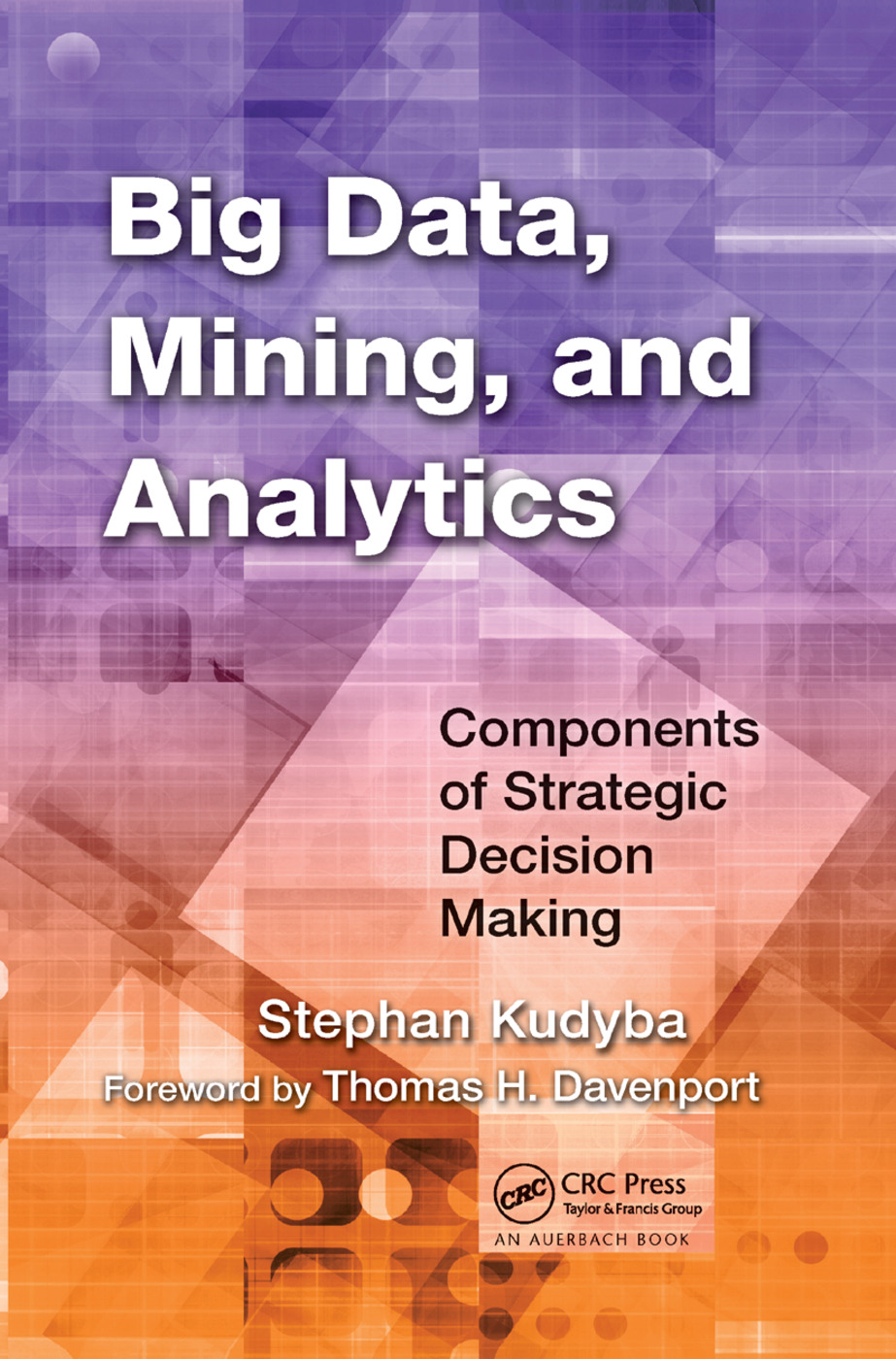人工智能方法在催化裂化过程中的应用
IF 6.2
1区 计算机科学
Q1 COMPUTER SCIENCE, ARTIFICIAL INTELLIGENCE
引用次数: 1
摘要
流化催化裂化是一个复杂的石油化工过程,受到许多高度非线性和相互关联的因素的影响。产品收率分析、烟气脱硫预测和异常状态预警是催化裂化的几个关键研究方向。本文将梳理现有人工智能算法应用于催化裂化工艺分析和优化的相关研究成果,以期为后续研究提供帮助。与传统的数学机理方法相比,人工智能方法可以有效地解决催化裂化过程建模中的高维、非线性、强相关性和大延迟等困难。应用于产品产量分析的人工智能方法基于海量数据构建模型。通过拟合操作变量与产品之间的函数关系,可以避免机构模型的过度简化,从而获得较高的模型精度。人工智能方法在烟气脱硫中的应用通常可分为建模和优化两个阶段。在建模阶段,通常使用数据驱动的方法来建立系统模型或规则库;在优化阶段,可以应用启发式搜索或强化学习方法,基于构建的模型或规则库来找到最佳操作参数。人工智能方法,包括数据驱动和知识驱动的算法,广泛应用于异常状态预警。知识驱动方法在可解释性和泛化方面具有优势,但在构造难度和预测召回方面存在不足。而数据驱动的方法恰恰相反。因此,一些研究将这两种方法结合起来以获得更好的结果。本文章由计算机程序翻译,如有差异,请以英文原文为准。
Artificial Intelligence Methods Applied to Catalytic Cracking Processes
Fluidic Catalytic Cracking (FCC) is a complex petrochemical process affected by many highly non-linear and interrelated factors. Product yield analysis, flue gas desulfurization prediction, and abnormal condition warning are several key research directions in FCC. This paper will sort out the relevant research results of the existing Artificial Intelligence (AI) algorithms applied to the analysis and optimization of catalytic cracking processes, with a view to providing help for the follow-up research. Compared with the traditional mathematical mechanism method, the AI method can effectively solve the difficulties in FCC process modeling, such as high-dimensional, nonlinear, strong correlation, and large delay. AI methods applied in product yield analysis build models based on massive data. By fitting the functional relationship between operating variables and products, the excessive simplification of mechanism model can be avoided, resulting in high model accuracy. AI methods applied in flue gas desulfurization can be usually divided into two stages: modeling and optimization. In the modeling stage, data-driven methods are often used to build the system model or rule base; In the optimization stage, heuristic search or reinforcement learning methods can be applied to find the optimal operating parameters based on the constructed model or rule base. AI methods, including data-driven and knowledge-driven algorithms, are widely used in the abnormal condition warning. Knowledge-driven methods have advantages in interpretability and generalization, but disadvantages in construction difficulty and prediction recall. While the data-driven methods are just the opposite. Thus, some studies combine these two methods to obtain better results.
求助全文
通过发布文献求助,成功后即可免费获取论文全文。
去求助
来源期刊

Big Data Mining and Analytics
Computer Science-Computer Science Applications
CiteScore
20.90
自引率
2.20%
发文量
84
期刊介绍:
Big Data Mining and Analytics, a publication by Tsinghua University Press, presents groundbreaking research in the field of big data research and its applications. This comprehensive book delves into the exploration and analysis of vast amounts of data from diverse sources to uncover hidden patterns, correlations, insights, and knowledge.
Featuring the latest developments, research issues, and solutions, this book offers valuable insights into the world of big data. It provides a deep understanding of data mining techniques, data analytics, and their practical applications.
Big Data Mining and Analytics has gained significant recognition and is indexed and abstracted in esteemed platforms such as ESCI, EI, Scopus, DBLP Computer Science, Google Scholar, INSPEC, CSCD, DOAJ, CNKI, and more.
With its wealth of information and its ability to transform the way we perceive and utilize data, this book is a must-read for researchers, professionals, and anyone interested in the field of big data analytics.
 求助内容:
求助内容: 应助结果提醒方式:
应助结果提醒方式:


